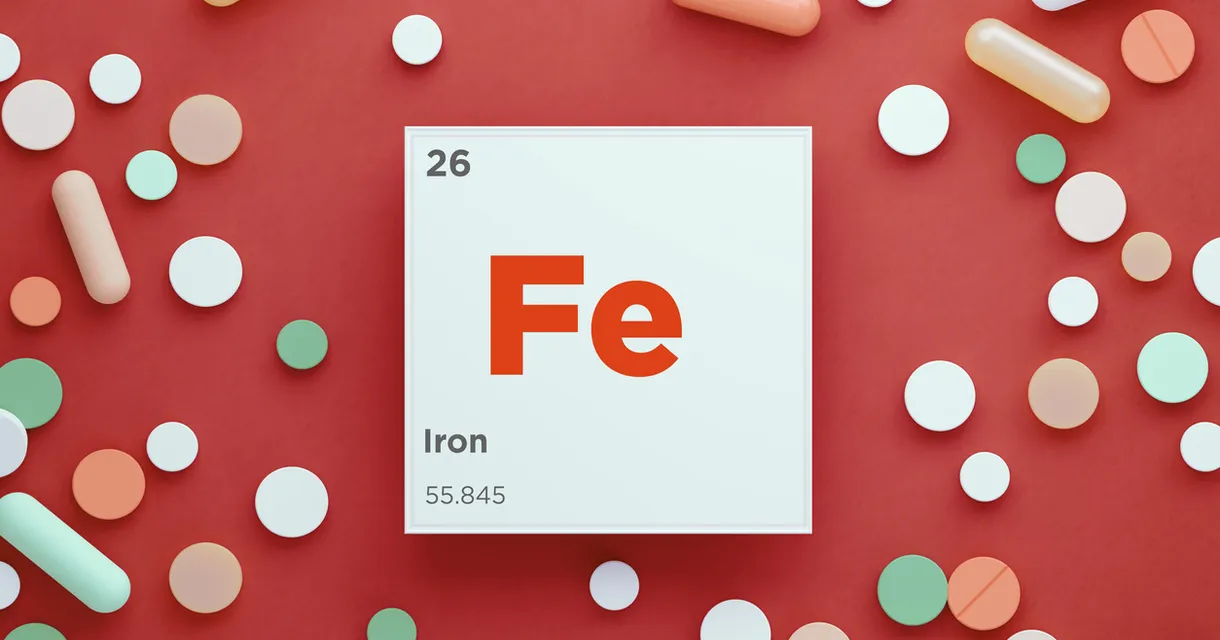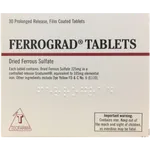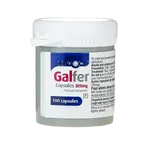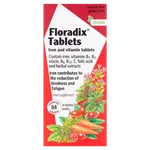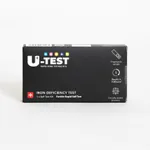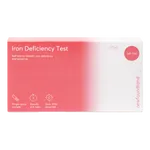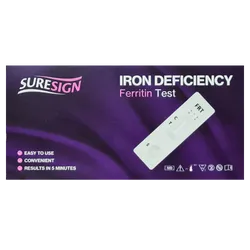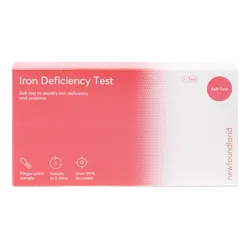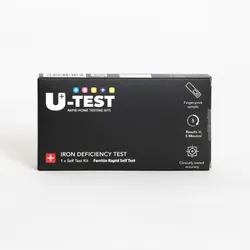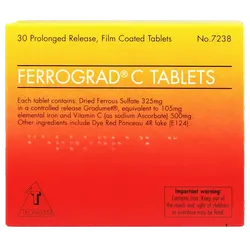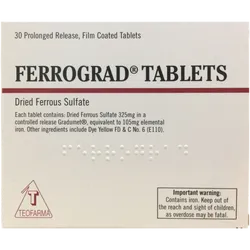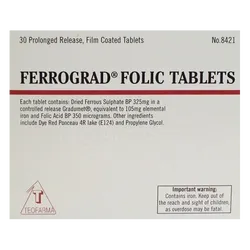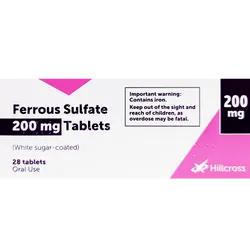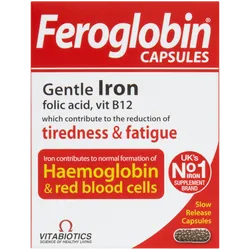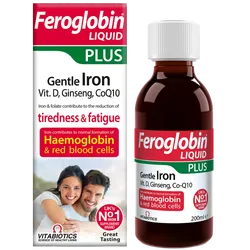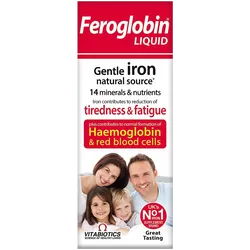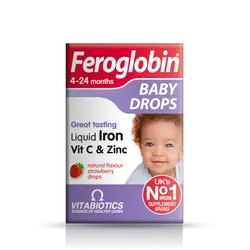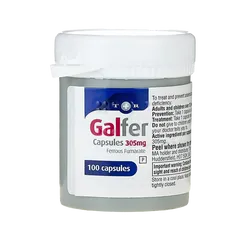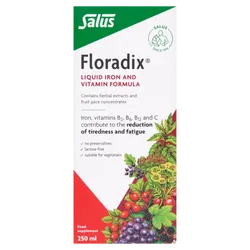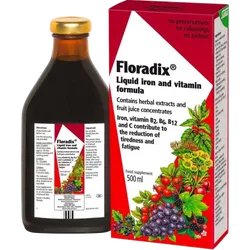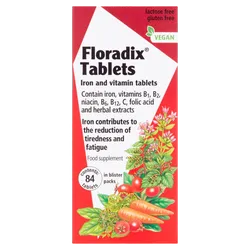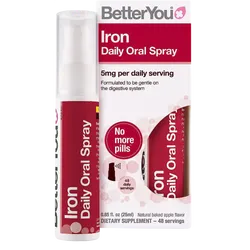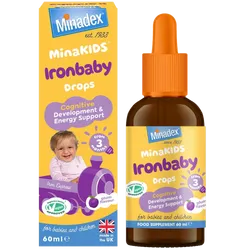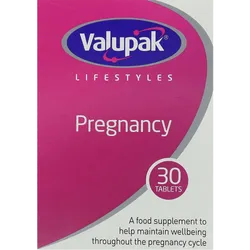Understanding Anaemia: Symptoms, Causes, and Treatments
Anaemia is a common condition where you don't have enough healthy red blood cells to carry oxygen around your body. It can leave you feeling run down and lacking in energy, but it's often a sign of a deficiency that can be corrected. The most frequent type is iron deficiency anaemia, which means your body doesn't have enough iron to produce the necessary haemoglobin, the protein that transports oxygen.
Understanding the symptoms and causes is the first step towards feeling better.
Common Symptoms of Anaemia
The symptoms of anaemia can vary in severity and may come on slowly, so you might not notice them at first. Common signs to watch for include:
- Tiredness and a general lack of energy
- Feeling weak or dizzy
- Pale skin, especially on your face and the inside of your eyelids
- Shortness of breath
- A faster or more noticeable heartbeat (heart palpitations)
- Headaches
If you have any of these symptoms and they don't improve, it's a good idea to speak with your GP or a healthcare professional to get a diagnosis.
Causes of Anaemia
Anaemia can have several different causes, but it most often comes down to an issue with your body's iron levels.
Blood Loss: Heavy periods in women, internal bleeding from conditions like stomach ulcers, or even regular blood donation can cause a gradual loss of iron, leading to anaemia.
Dietary Deficiency: Not getting enough iron, Vitamin B12, or folate in your diet can hinder your body's ability to produce red blood cells. While it's less common for diet alone to be the cause, it can be a contributing factor, especially for vegetarians, vegans, or those with restricted diets.
Malabsorption: Some conditions, such as coeliac disease or inflammatory bowel disease, can affect your body's ability to absorb iron and other nutrients from your food.
Anaemia in Pregnancy
During pregnancy, a mild form of anaemia is very common and often expected. This is because the volume of blood in your body increases significantly to support both you and your baby, which in turn increases your need for iron and other nutrients.
Symptoms of anaemia in pregnancy are similar to general anaemia, but can be mistaken for the usual fatigue of pregnancy. Your midwife will regularly check for anaemia with routine blood tests to ensure your iron levels are healthy throughout your journey. If you're diagnosed, they may recommend a daily iron supplement to help you and your baby stay healthy.
How to Manage Anaemia
Once you have a diagnosis, there are two key ways to help get your iron levels back to where they need to be.
Simple Dietary Changes
Boosting your iron intake through food is a great starting point. Try to include a variety of iron-rich foods in your diet, such as:
Meat: Lean red meat, poultry, and fish
Vegetables: Dark green leafy vegetables like spinach and kale
Pulses and Beans: Lentils, chickpeas, and kidney beans
Nuts and Dried Fruits: Almonds, cashews, and apricots
To help your body absorb iron more effectively, try to pair these foods with a source of Vitamin C, such as a glass of orange juice or a side of fresh broccoli.
Iron Supplements
For many people, dietary changes alone aren't enough. If your doctor or pharmacist recommends it, iron supplements can be a very effective way to quickly restore your body's iron stores. Always follow their advice on the correct dosage and type of supplement.
In the UK, the recommended daily allowance (RDA) for iron varies depending on age, sex, and life stage. For healthy individuals, the RDA is:
- Men (19 and over): 8.7 mg a day
- Women (19 to 49): 14.8 mg a day
- Women (50 and over): 8.7 mg a day
Most people should be able to get the iron they need from a varied and balanced diet. However, if you are diagnosed with iron deficiency anaemia, your doctor or pharmacist may recommend a higher dose supplement to correct the deficiency. The NHS advises that taking 17mg or less a day of iron supplements is unlikely to cause any harm, but you should always follow the advice of a healthcare professional, as prescribed doses can be significantly higher to treat a diagnosed condition. For pregnant women, it's essential to consult a doctor, midwife, or health professional before taking any supplements, including those containing iron or folic acid. They can provide a proper diagnosis and recommend the correct dosage to ensure the safety of both mother and baby.
Choosing the Right Iron Supplement
There are many different forms of iron supplements available, each with its own characteristics. The most common are ferrous salts like ferrous fumarate (Galfer), ferrous sulphate (Ferrograd tablets), and ferrous gluconate (Floradix), which are widely used and effective. Some people may find that certain types cause less stomach upset than others, so it can be a matter of finding what works best for you under the guidance of a healthcare professional. You can also find other forms, such as the gentle-on-the-stomach liquid supplement, Spatone, which is a naturally sourced iron-rich water. Always check the elemental iron content to understand how much iron you're actually getting per dose.
In some cases, iron supplements are combined with other vitamins to enhance effectiveness or address coexisting deficiencies. For instance, Ferrograd C is a supplement that combines a form of iron called ferrous sulphate with vitamin C (ascorbic acid). The inclusion of vitamin C is beneficial because it significantly improves the body's absorption of iron from the gut. Similarly, Ferrograd Folic tablets combine ferrous sulphate with folic acid. Folic acid is the synthetic version of folate (vitamin B9), which is vital for the production of healthy red blood cells. This combination is specifically formulated for pregnant women, as it helps to prevent and treat iron-deficiency anaemia and also prevents anaemia related to folic acid deficiency, which is crucial for a healthy pregnancy. Folic acid is also available on its own to treat or prevent folate deficiency anaemia and to aid a baby's brain, skull, and spinal cord development during pregnancy.
At-Home Iron Deficiency Tests
If you're unsure whether your symptoms are linked to low iron, you might be interested in an at-home iron deficiency (ferritin) test. These convenient tests work by taking a small finger-prick blood sample to measure your body's stored iron levels (ferritin). The results can provide a preliminary indication of whether you might have a deficiency, giving you a better understanding of your health from the comfort of your own home. However, it's vital to remember that these tests are for screening purposes only and are not a substitute for a professional diagnosis. If your test indicates a low level, you should always consult your GP to confirm the results and discuss an appropriate treatment plan.
